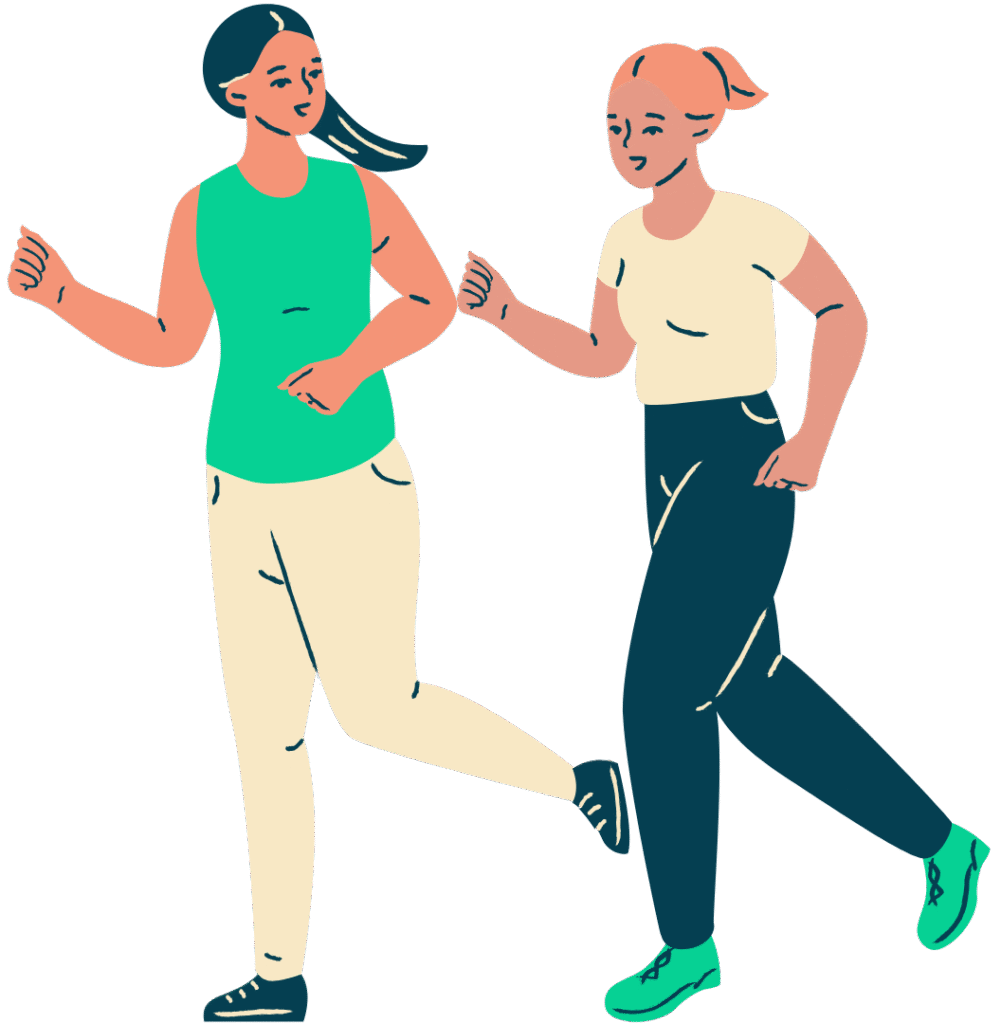What if I told you that your brain cells start a stealthy decline in your 20s, but there’s a way to keep your mind as sharp as a tack well into your golden years?
At a Glance
- Brain cells begin to die off in your 20s, but don’t panic—there’s hope.
- Brain exercises and physical activity are key to maintaining cognitive health.
- Digital platforms offer innovative ways to challenge your brain.
- Social engagement and positive attitudes towards aging are crucial.
Brain Cell Decline: The Not-So-Secret Stealth Attack
Your brain cells, those marvelous little creatures, don’t stay forever young. Starting in your 20s, these cells begin a slow, unceremonious departure. It’s like they’re off to find greener pastures, leaving your brain a tad emptier. But before you panic and start a rescue mission for every neuron, there’s good news. Contrary to a doomsday scenario, your mind holds the remarkable ability to adapt and thrive through cognitive exercises and lifestyle choices.
The concept of brain exercises has roots in cognitive neuroscience. This idea, born in the late 20th century, capitalizes on neuroplasticity—your brain’s superhero power to reorganize and form new neural connections. It’s like your mind is a never-ending Lego set, ready to be built and rebuilt throughout life. While the rise of Alzheimer’s and dementia cast a shadow, studies have shown that both mental and physical exercises can delay cognitive decline, offering a lifeline to those living in fear of these conditions.
The Secret Sauce: Brain Exercises and Physical Activity
Research gives a thumbs-up to the efficacy of brain exercises combined with physical activity. Picture yourself as a superhero—your mental cape flapping in the wind as you solve puzzles, play board games, and engage in lively social interactions. These activities do more than just pass the time; they help reinforce cognitive skills and improve daily functioning. The rise of brain-training apps and digital platforms has made these exercises accessible, providing endless possibilities for challenging your mind.
Social engagement, like playing board or card games, is particularly effective. It not only flexes your mental muscles but also gives your social life a boost. It’s like a two-for-one deal on brain and emotional health. Experts stress the importance of starting these exercises early, ideally right after formal education ends, to maximize long-term benefits. Your brain, it turns out, is not as stubborn as you might think; it welcomes new challenges with open arms.
The Role of Technology in Brain Health
Digital platforms like BrainHQ and Cognifit have entered the stage, offering scalable challenges that enhance memory and executive function. These tools are not just for the tech-savvy; they present an opportunity to keep your brain engaged and entertained. The beauty of these platforms lies in their ability to adapt, offering progressively challenging tasks that keep you on your toes. It’s like having a personal trainer for your brain, minus the sweaty gym socks.
Physical exercises, especially aerobic activities, play a crucial role in supporting neurogenesis and angiogenesis, processes linked to improved cognitive performance. So, while you’re busy jogging around the block or dancing to your favorite tunes, your brain is doing its own happy dance too, producing neurotrophic factors that support cognitive health.
The Social Element: Why Your Brain Loves Company
As much as your brain loves a good solo challenge like Sudoku or crosswords, it also thrives on social interaction. Engaging with others through intellectual play and problem-solving activities adds a rich layer to cognitive health. The combination of mental stimulation and emotional engagement from social activities is hard to beat. Your brain, it turns out, is a bit of a social butterfly.
Experts emphasize the need to combat ageism and promote positive attitudes toward aging. A positive mindset does wonders for cognitive health, adding yet another layer to the strategies for keeping your mind sharp. It’s like giving your brain a pep talk, reinforcing its potential to thrive regardless of age.








